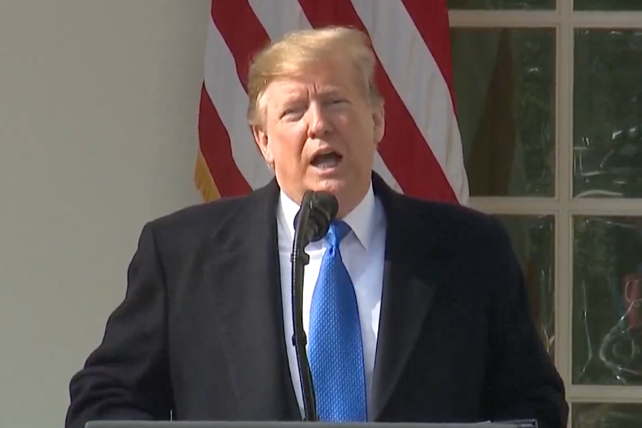The US’ Drug Enforcement Administration (DEA) is set to close its public consultation period on the legal status of pain relief drug, kratom. The decision the DEA ultimately reaches on this issue may serve as an important touchstone for the future of US drug policy.
Many Americans use kratom, a Southeast Asian tree leaf, to treat chronic pain, opioid addiction, and afflictions such as depression and anxiety. In August, the DEA unexpectedly announced it intended to ban the plant in 30 days time, prompting intense backlash from the public.
In responses, the DEA temporarily withdrew its plan to classify kratom as a Schedule I drug – which would mean it has no recognised medical uses – and established a consultation period for the public to provide comment. As of November 30, the DEA has received over 11,000 comments from the public.
The vast majority of these comments are opposed to the ban, and have been contributed by people who use kratom. Many people are sharing personal stories of how kratom has helped them manage their debilitating medical conditions, often without causing harmful effects or addiction.
"Kratom has been a life saver…Since taking it I've returned to work and gotten off pain pills. Back then I would lay in bed all day because I hurt too much to move. [I] filed for disability because of chronic pain and I couldn't work high on pain pills…Please do not make [kratom] a Schedule 1 [drug], I don't want to go back to depending on public assistance."
"Kratom has changed my life drastically. I have very high anxiety and bad depression. Kratom has helped in a way where I can go out and work and be active, and not have to have constant panic attacks and deal with depression. It has helped me with my minor back and knee issues…I also have a 3 year old, and it has helped me to have energy and motivation to take care of my little guy. Kratom is definitely a miracle plant. Please do not take this away from so many people who depend on this to function daily. This plant has never once gotten me "high". It is not something in my opinion that can be abused."
This comment period is set to end tomorrow, Thursday December 1.
The DEA’s decision to take public opinion into account is unprecedented. Grant Smith, deputy director of national affairs at the Drug Policy Alliance, called it “a truly remarkable moment” for an agency “with a long track record of ignoring both science and public opinion”.
DEA spokesperson Russ Baer says that the agency is taking a new approach that stems from a “cultural, organizational transformation” under acting director Chuck Rosenberg. Under this transformation, Baer claims, the DEA is now committing to community outreach, public education, and engaging in discussions about addiction as “a disease”.
Nevertheless, while Baer’s suggestion of a transformation within the DEA seems promising for drug reformers, much still remains uncertain.
A decision on the legal status of kratom is unlikely to be reached before the end of the year, as the DEA must sift through the public comments, while also waiting for a verdict on its harms – or lack thereof – from the Food and Drug Administration. This may push the date of the final decision into the first few months of Donald Trump’s presidency.
President-elect Trump has seemingly given a green light to harsh drug policies by nominating Senator Jeff Sessions as Attorney General, as the head of the DEA must report to the Attorney General.
Sessions has vowed to implement a “tough on drugs” approach during the Trump Administration, and has made controversial remarks about drug use in the past. He once told a Senate hearing that “good people don’t smoke marijuana”.
Given the upcoming change in government, it thus remains to be seen whether a progressive “cultural, organizational transformation” has any chance of taking hold.
Regardless, should the DEA pay heed to public opinion and thereby drop its intended kratom ban, it could serve as a stepping stone towards the implementation of more open and democratised drug policies.


